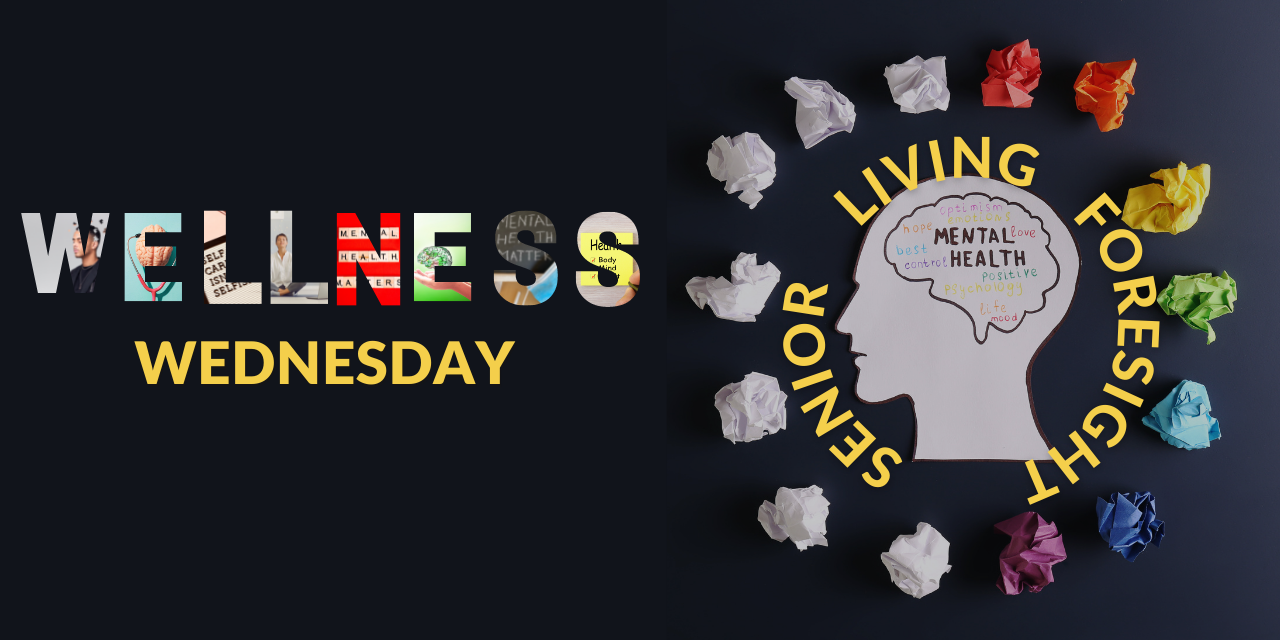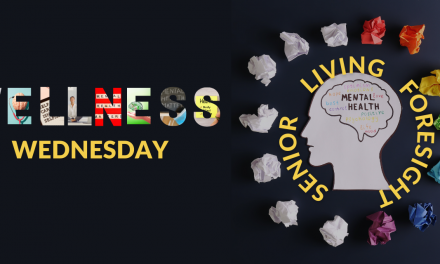By Sophie Okolo
Contrary to popular opinion, working with older people does not take a special kind of person. All it takes is someone willing to learn; who has empathy and kindness; and, more importantly, who lives by the golden rule of treating others how we’d like to be treated.
But did you know that being the type of person we want to be at work takes careful planning? I’m talking about taking care of our mental health, not only during work but also before work, because being aware of this part of our health can help us be more efficient.
We know that mental health plays an important part in employee health if we prioritize it. Here are four simple ways to incorporate mental health practices before starting our workdays.
1. Face issues head-on.
Too often, we sweep our mental challenges under the rug or dismiss them as something “everyone goes through.” I have learned that that attitude can be dangerous because even issues such as personal relationship problems, physical health issues, financial problems, or the lack of fulfilling daily routines can affect us before the workday. If we try to minimize these issues, they can lead to worsening mental health and related problems.
Hence, acknowledging the issue is a first step. When we acknowledge it, depending on the severity, we can tackle or confront it sooner than we might have, and at the right time.
It is, therefore, crucial to overcome mental barriers and get into the habit of keeping in touch with how we feel.
2. Welcome change.
Working in senior living can involve a lot of changes, so learning how to be comfortable with change can help support our mental health.
Change is hard for me. As I implied in a previous article, what has helped me to welcome change is taking the initiative or being proactive to decide and change things. That means that while I do expect changes in the workday, I can also see how I can make those changes work for me.
As a volunteer in senior living, realizing that residents are at the core of what we do helped me not to have a strict schedule. Also, I have learned that welcoming change involves getting the input of other perspectives beforehand, which can help us to make sense of the challenges we encounter, see new solutions, and feel less alone.
3. Keep talking.
Having someone to talk to can make a huge difference. A close friend, a trusted family member, or even a professional counseling service, if needed, can make a significant difference in how we feel before starting work.
As the saying goes, a problem shared is a problem halved. Talking with someone can help us deal with issues such as retirement; setting a purposeful existence and daily routine; and being able to cope with altering health circumstances, new physical limitations, changes in appearance, etc. And while therapy can be expensive, some therapists have a sliding scale based on income.
I have had to keep an open mind when it comes to therapy, and it has helped and continues to help me to deal with constant changes and difficult things in my life, which in turn helps me tackle the workweek.
Ultimately, reframing our thinking can help with welcoming, or dealing with, change. So let’s not forget that speaking openly about our issues is critical in our journey for overall health.
4. Plan.
Having a plan for what lies ahead can make the process manageable. For example, if you have a work conference or a huge meeting, finding ways to reduce feelings of stress can go a long way.
Exercising regularly, eating a healthy diet, having a social life, and maintaining a healthy sleep schedule are just a few examples. But also, planning for that event ahead of time, instead of last-minute, can help make the workday better and likely to be a lot smoother.
Ultimately, it is vital to take proactive steps in guarding our mental health.







